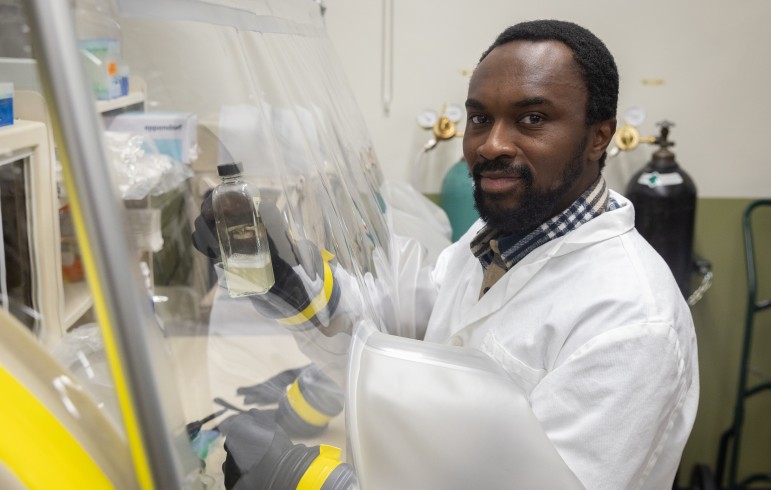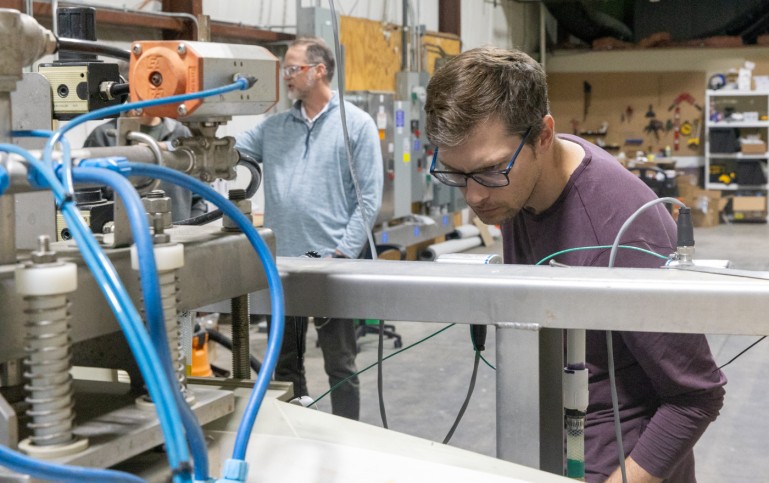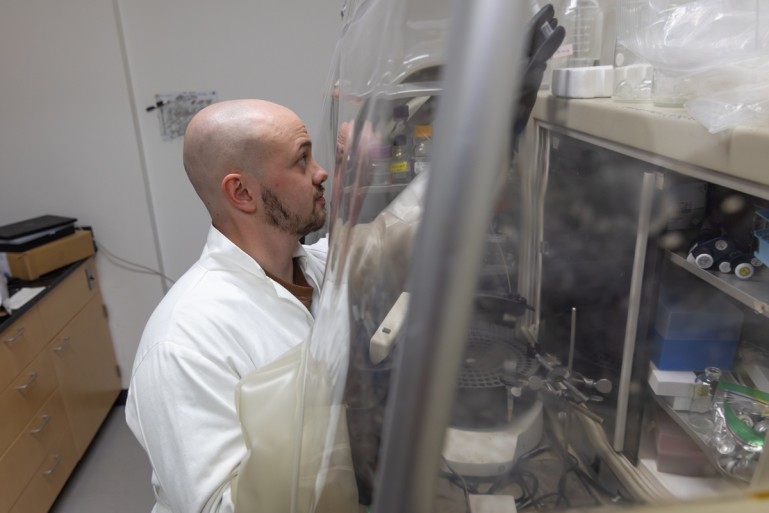The innovative research being done at UW-Madison is something that can hardly be missed by the public. Below is some of our energy experts' cutting-edge research that has been publicized in the media this month.
One globally important function microbiomes perform for society is managing the biogeochemical nitrogen (N) cycle.
Materials Science and Engineering Professor Mike Arnold was recently named a U.S. runner-up for the ASPIRE international prize for innovation in research and education sponsored by the Asia-Pacific Economic Cooperation (APEC).
Extraordinary members of the University of Wisconsin–Madison faculty were honored during the last year with awards supported by the estate of professor, Senator and Regent William F. Vilas (1840-1908).
Today, the Oxford University Press released The Oxford Handbook of the Science of Science Communication.
In the world of biofuels research, the baker’s yeast Saccharomyces cerevisiae gets a lot of love, with scientists commonly tweaking the yeast’s fermentative qualities to enhance ethanol production.
On May 23, 2017, President Trump delivered his first budget request to Congress. In his $4.1 trillion spending plan, he hopes to control spending and put the U.S. on a long-term path towards a balanced budget.



